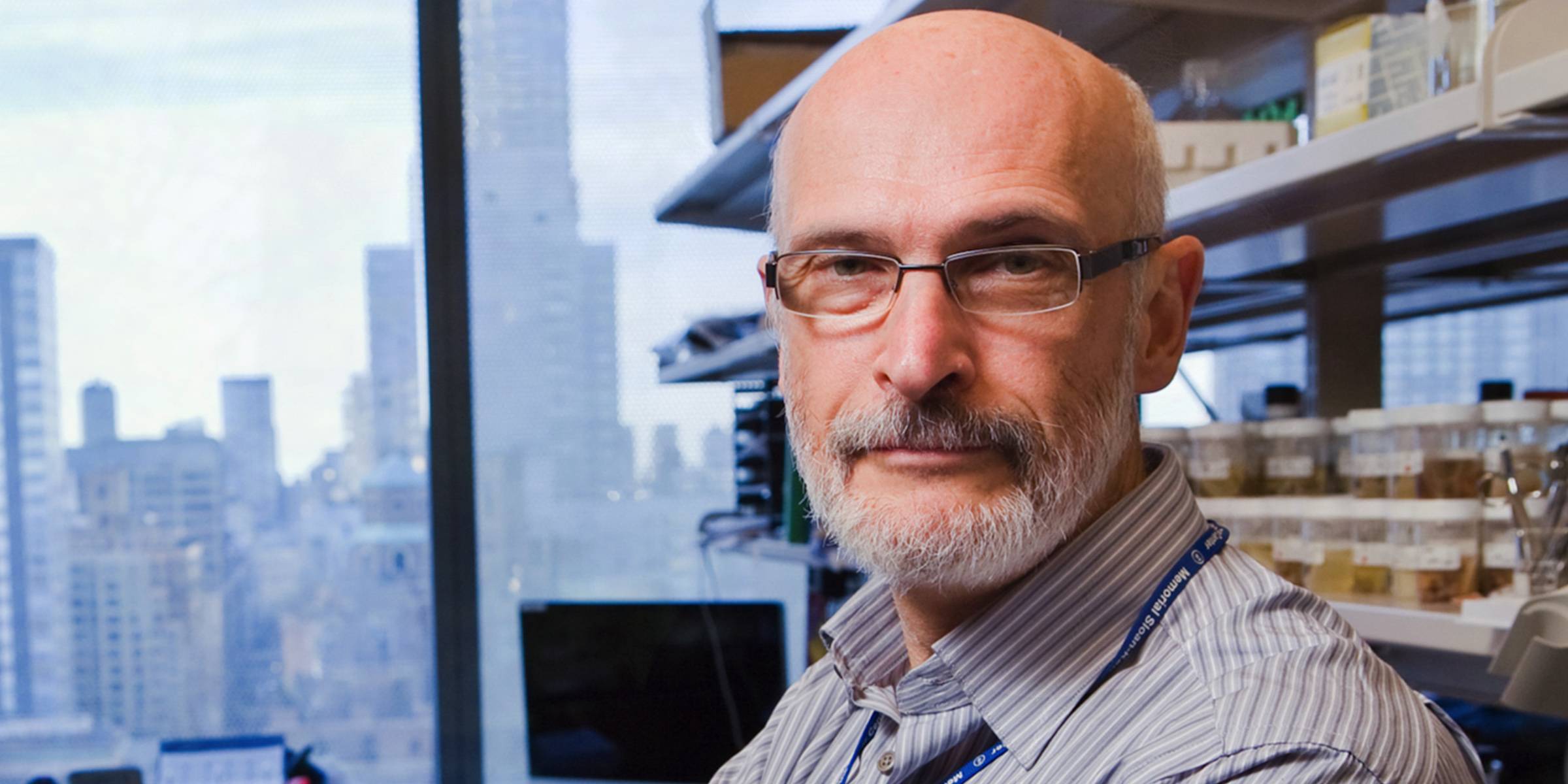Alexander Rudensky, Ph.D.
Tri-Institutional Professor
Investigator, Howard Hughes Medical Institute
Program in Immunology, Memorial Sloan Kettering Cancer Center
Rudensky’s research is focused on understanding how T cells develop and their roles in immunity and tolerance. Major areas of interest in his laboratory include the molecular and cellular mechanisms governing the differentiation and function of CD4 T lymphocytes, and the roles these cells play in controlling autoimmunity, cancer, and immunity to infections, and in the maintenance of non-lymphoid organs and tissues in the settings of injury and stress.
Rudensky is particularly interested in understanding the role of the forkhead family transcription factor Foxp3 in establishing and maintaining regulatory T cell transcriptional and functional programs, and in the molecular mechanisms of regulatory T cell lineage stability. In these studies, the Rudensky laboratory employs a wide range of experimental techniques, including traditional biochemical and molecular biological analyses; genetic approaches including conventional and conditional gene targeting and transgenesis; mass spectrometry; large-scale gene expression analyses and bioinformatics; and classical immunological analyses utilizing both cellular in vitro techniques and whole animal experimentation.
